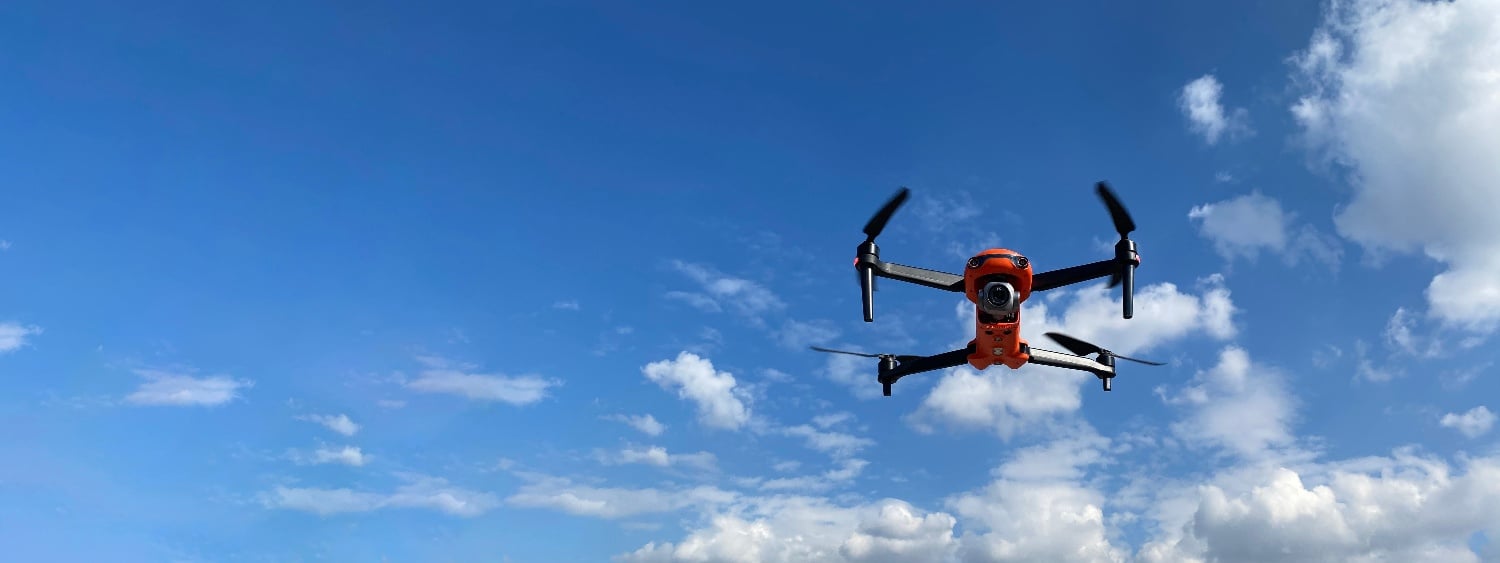If someone was to Google the term "environmental monitoring", they would get millions of hits, including a wide range of definitions; some of which are pretty complex. In its simplest form, "environmental monitoring" can be boiled down to "the process of gathering information or data on a regular basis".
While the process of monitoring can be described simply enough, that's not to say that designing an effective monitoring program is a simple job as well! There are many factors to be considered when setting up a successful monitoring program.
For instance, the scale and scope of the program need to be defined, sampling methods and resources required must be determined, and a knowledge sharing plan will need to be implemented, among other things.
Needless to say, the volume of information available on this topic isn't unwarranted. After all, environmental monitoring has become a hot topic among environmentalists, land management planners and policy makers alike, who argue that an effective monitoring program is an essential component of any environmentally focused project.
Is it really that important though? Research suggests it is (Weston, 2011) and here are the top 3 reasons why.
1. It Gives you a Benchmark
First of all, initial data gathered through the monitoring process can be used to create a baseline before planned reclamation or development activities actually happen. Then, as monitoring data is collected over time, we can make comparisons between the landscape conditions before and after work was carried out.
Plus, the baseline condition can help you identify any targets or goals on the land base, which you can then measure the monitoring results against.
2. It Helps you Identify Issues Early
Monitoring data can help you identify any potential problems or issues early on.
This is important to managers because it allows them to take action to mitigate or even avoid all together any potential negative outcomes, often at a lower cost than if they were left unattended.
3. It Tells you if Project Objectives are Successful
Monitoring is a necessity in order to objectively evaluate whether the project objectives are being achieved. In other words, without monitoring, projects can't prove their success!
Data collected systematically and continuously as part of a monitoring program not only justifies the current plan but can actually increase the credibility of the project itself.
Executing A Successful Environmental Monitoring Program
We can help you execute a successful environmental monitoring program, contact us.
Weston, S. "An Overview of Environmental Monitoring and it's Significance in Resource and Environmental Management". School of Resource and Environmental Studies, Dalhousie University. 2011. Web. 18 Sept 2013.







